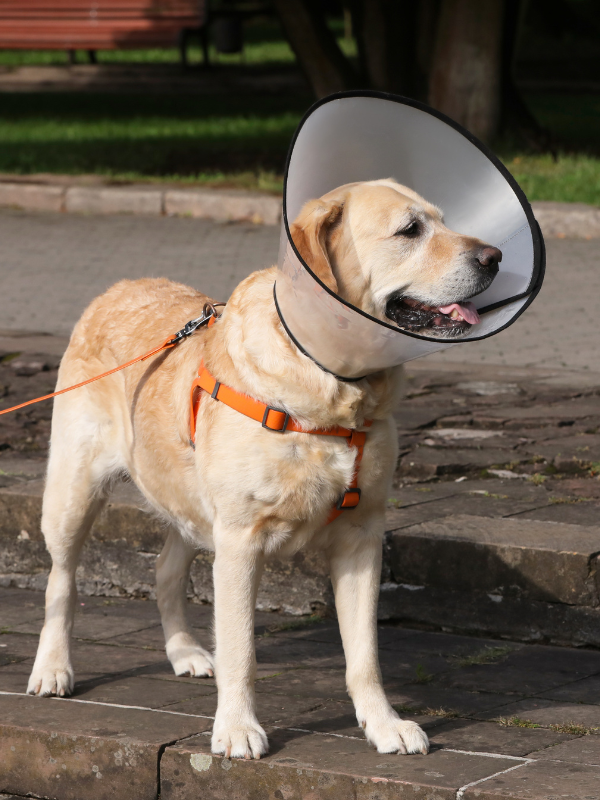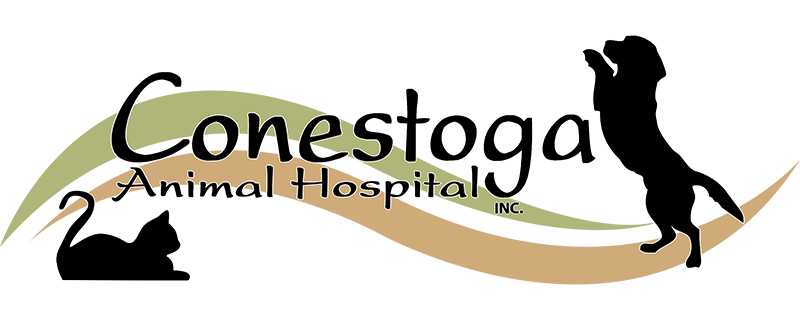Veterinary Services
Pet Surgery
At Conestoga Animal Hospital, in Ephrata, PA, we understand the anxiety that comes with the need for pet surgery. Our team is dedicated to providing the highest standard of care to ensure your pet’s health and well-being.
Benefits of Pet Surgery
Undergoing surgery can significantly improve your pet’s quality of life. Routine procedures, such as spaying and neutering, prevent various health problems and contribute to longer, healthier lives.
Spaying eliminates the risk of uterine infections and reduces the likelihood of breast tumors, while neutering prevents testicular cancer and decreases the chances of prostate issues.
For pets requiring soft tissue or orthopedic surgeries, the benefits are equally compelling. Removing tumors or bladder stones alleviates pain and prevents further complications. Orthopedic surgeries restore mobility, allowing your pet to enjoy an active lifestyle without discomfort.
Addressing these issues promptly through surgical intervention ensures your pet can live a healthy, happy life. If your pet is exhibiting symptoms of internal discomfort, or simply needs a routine surgery, schedule an appointment with us for a diagnosis and individualized care plan.

Comprehensive Surgical Services
Our veterinarians at Conestoga Animal Hospital are skilled in a wide array of surgical procedures. Routine surgeries, such as spays and neuters, are performed to prevent health issues and control the pet population. Additionally, our team is proficient in handling more intricate surgeries, including soft tissue and orthopedic procedures.
Soft Tissue Surgeries
Orthopedic Surgeries
Orthopedic surgeries address issues related to bones, joints, and ligaments. These procedures are crucial for pets suffering from conditions like fractures, torn ligaments, or hip dysplasia. Our surgical team utilizes advanced techniques to repair and restore function, helping your pet regain mobility and reduce pain.
When is Pet Surgery Necessary?
Recognizing when surgery is necessary is crucial for your pet’s health. Routine surgeries, like spays and neuters, are typically scheduled during early adulthood. These procedures are preventative and essential for controlling the pet population.
For other surgical needs, symptoms such as persistent pain, swelling, or unusual behavior may indicate a problem requiring medical intervention. If your pet experiences difficulty moving, loss of appetite, or visible lumps, it is essential to seek veterinary advice promptly. Early diagnosis and treatment can prevent further complications and improve your pet’s prognosis.
Preparing for Surgery
We will provide detailed instructions on how to prepare your pet for surgery. These instructions may include fasting guidelines and restrictions on certain medications. Following these guidelines is vital to ensure your pet’s safety and the success of the procedure.
Post-Operative care
Post-operative care is equally important in the recovery process. After the surgery, our team will provide comprehensive instructions on caring for your pet at home. This includes information on pain management, wound care, and activity restrictions.
Monitoring your pet closely during the recovery period is essential. Look for signs of infection, such as redness, swelling, or discharge at the surgical site. If you notice any unusual symptoms or if your pet appears to be in pain, contact us immediately. Regular follow-up visits will be scheduled to monitor your pet’s progress and ensure a smooth recovery.
